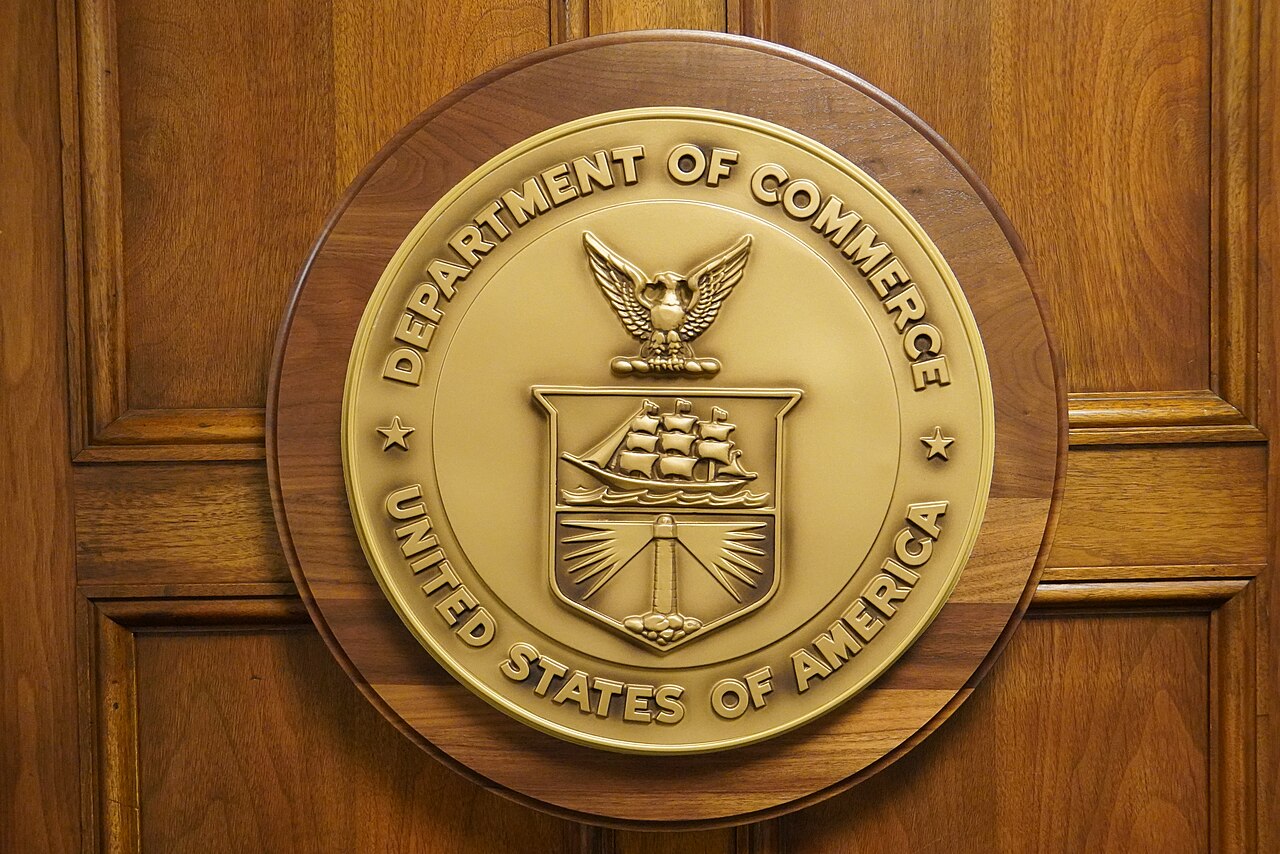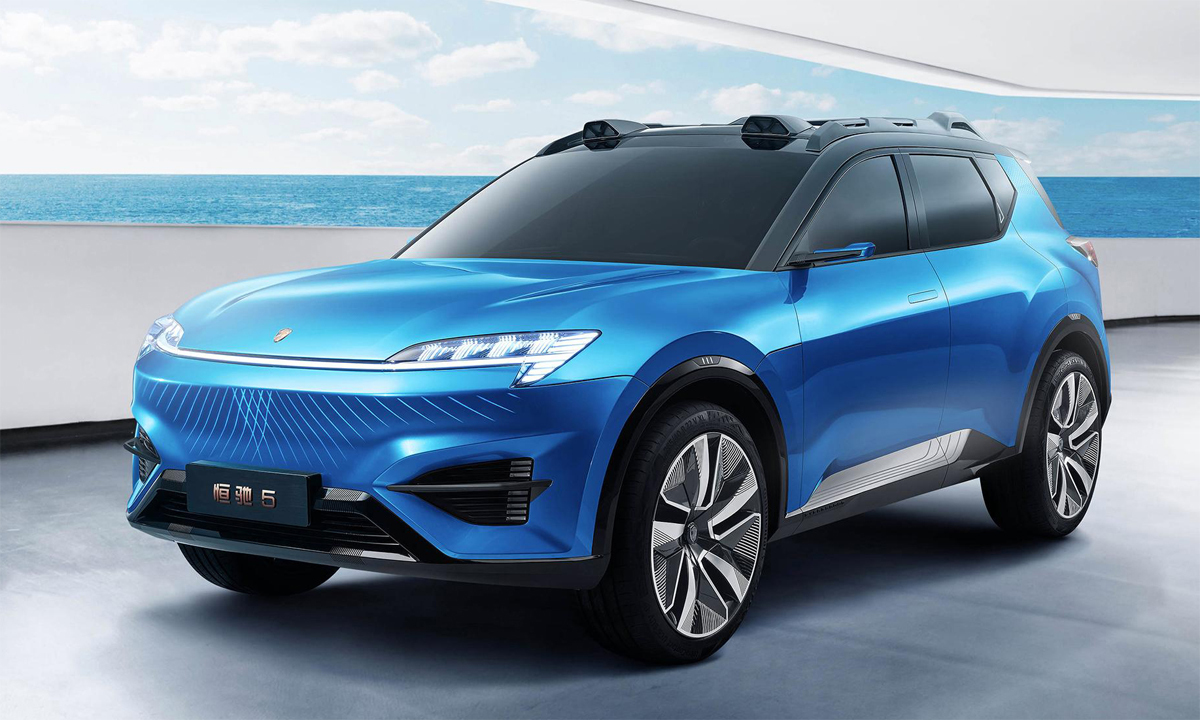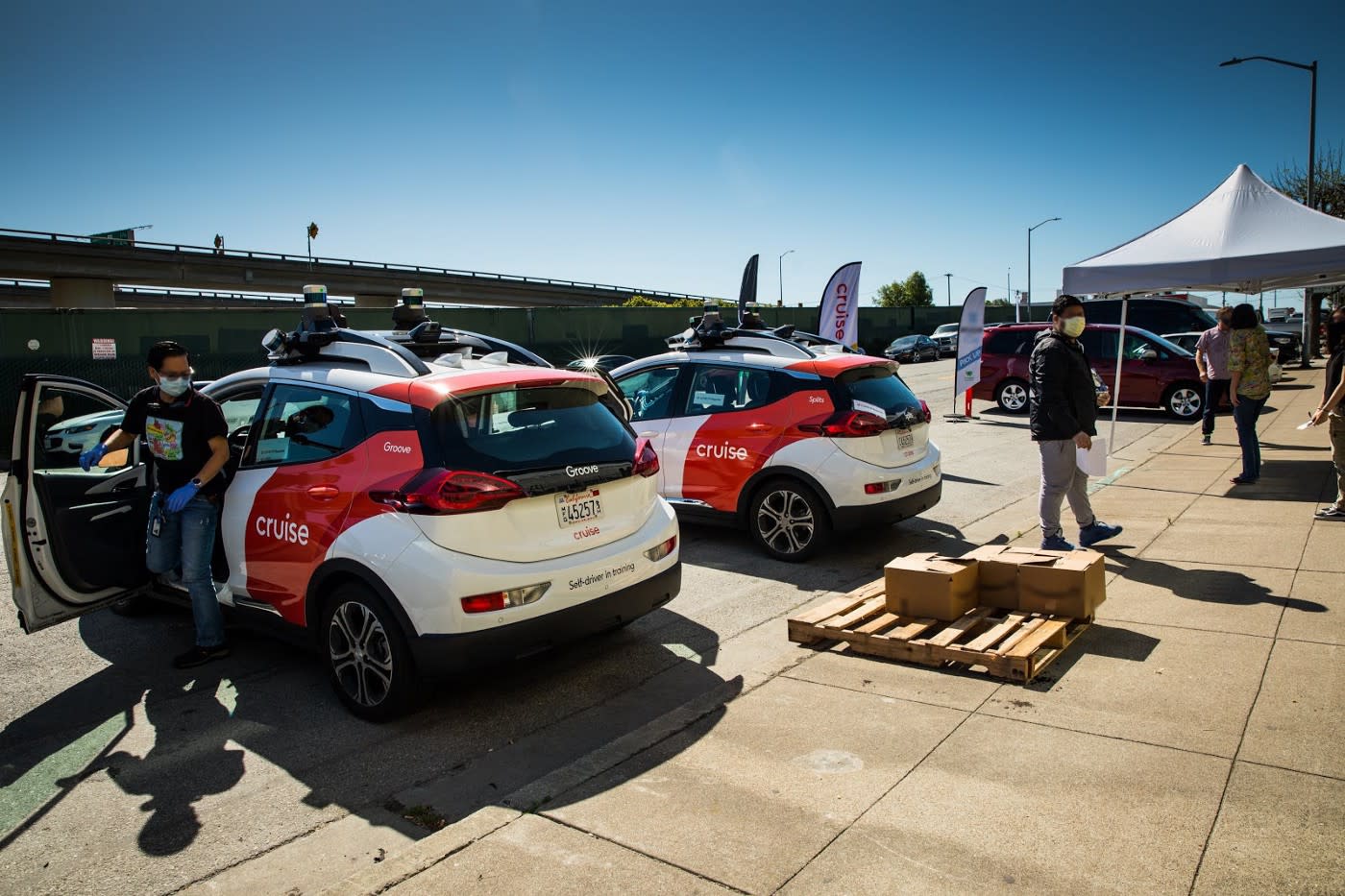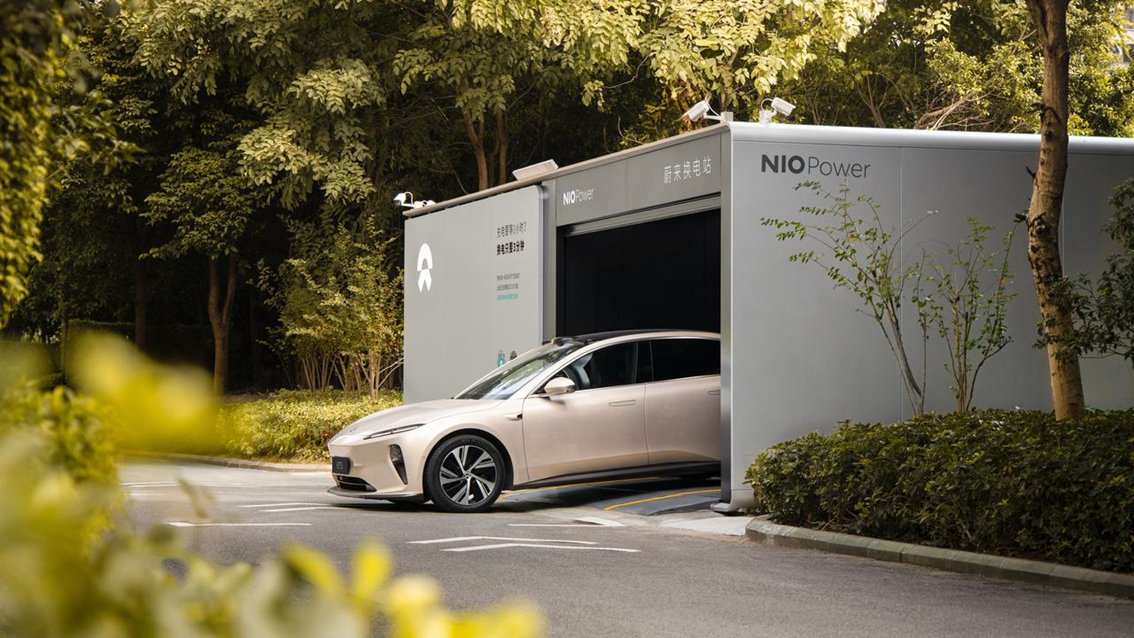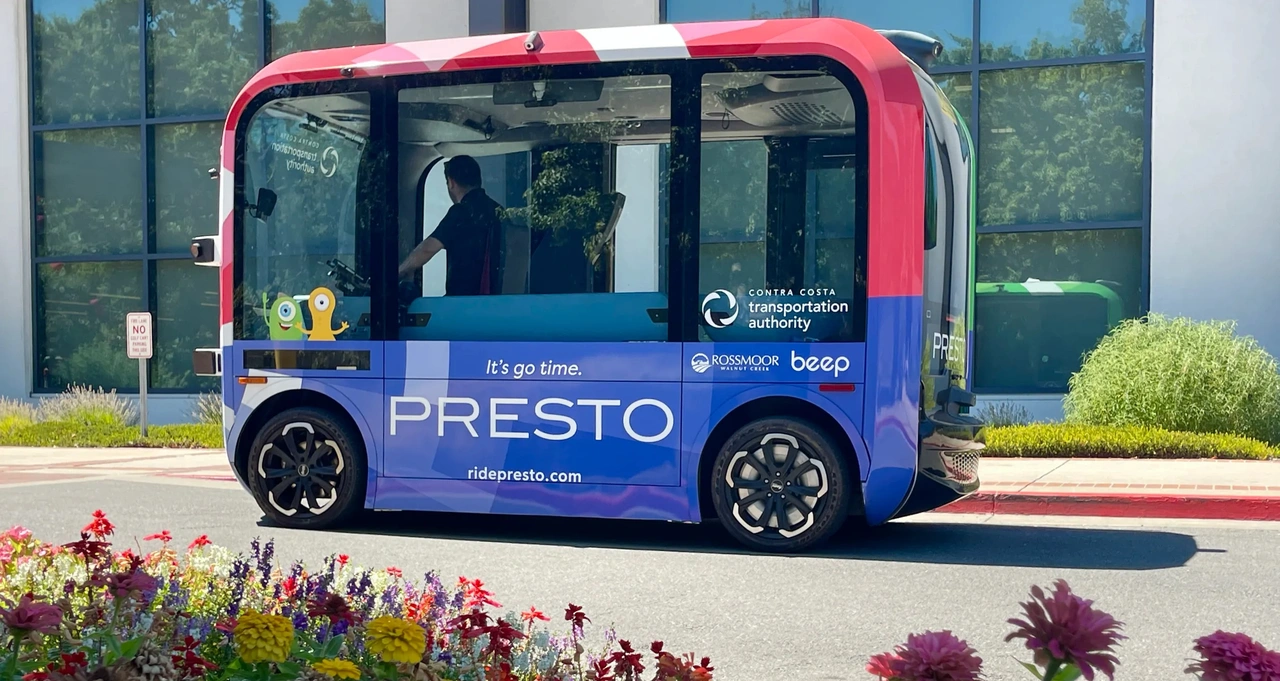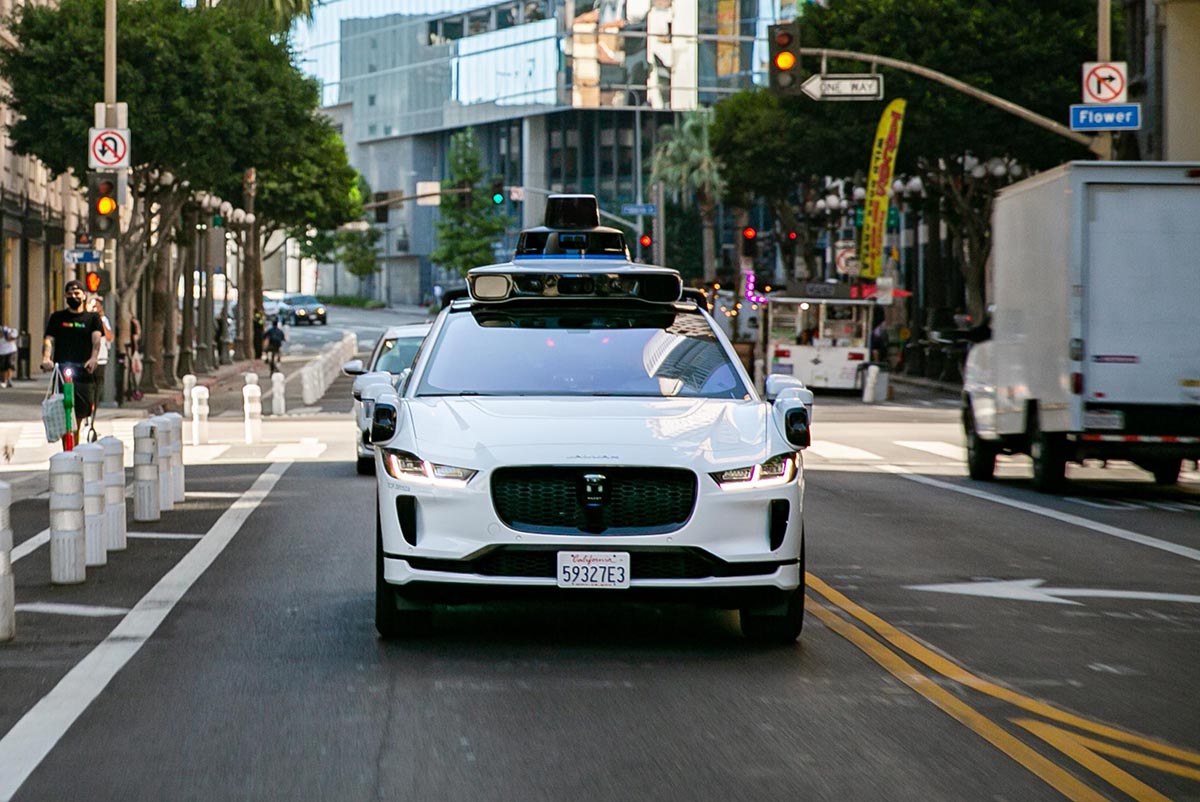The U.S. Commerce Department is anticipated to propose new regulations barring Chinese software from autonomous and connected vehicles in the coming weeks, according to sources familiar with the matter.
The proposed rule, driven by the Biden administration, aims to prohibit the use of Chinese-developed software in vehicles equipped with Level 3 automation or higher. This move would also prevent the testing of Chinese-made autonomous vehicles on U.S. roads. Additionally, the administration plans to propose restrictions on vehicles featuring advanced wireless communication modules developed in China.
Under the proposed regulations, automakers and suppliers would be required to certify that their connected and advanced autonomous vehicle software does not originate from “foreign entities of concern,” such as China. The Commerce Department indicated last month that it would be issuing proposed rules related to connected vehicles in August, focusing on limiting software from China and other nations deemed adversarial.
A Commerce Department spokesperson confirmed on Sunday that the department “is concerned about the national security risks associated with connected technologies in connected vehicles.” The Bureau of Industry and Security is expected to issue the proposed rule, which will address specific systems within vehicles. The industry will have an opportunity to review and comment on the proposal.
The Chinese Embassy in Washington has not yet responded to the development. However, the Chinese foreign ministry has previously criticized the U.S., urging it “to respect the laws of the market economy and principles of fair competition,” and asserting that Chinese vehicles are globally popular due to technological innovation and market competition.
On Wednesday, the White House and State Department convened a meeting with allies and industry leaders to discuss “national security risks associated with connected vehicles,” according to the State Department. The meeting included representatives from the United States, Australia, Canada, the European Union, Germany, India, Japan, South Korea, Spain, and the United Kingdom, who exchanged views on data and cybersecurity risks related to connected vehicles and certain components.
Level 3 automation, or conditional driving automation, allows drivers to engage in activities such as watching movies or using smartphones while driving under specific conditions. Concerns have been raised by U.S. lawmakers about Chinese companies handling sensitive data during autonomous vehicle testing in the United States. In November, a group of lawmakers questioned major companies, including Baidu, Nio, WeRide, Didi Chuxing, Xpeng, Inceptio, Pony.ai, AutoX, Deeproute.ai, and Qcraft, about their testing practices.
In July, Transportation Secretary Pete Buttigieg expressed national security concerns regarding Chinese autonomous vehicle companies operating in the U.S. “The national security risks are quite significant,” Commerce Secretary Gina Raimondo said in May. “We decided to take action because this is really serious stuff.”

